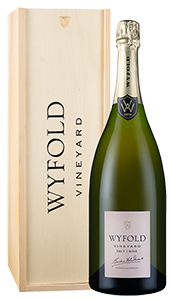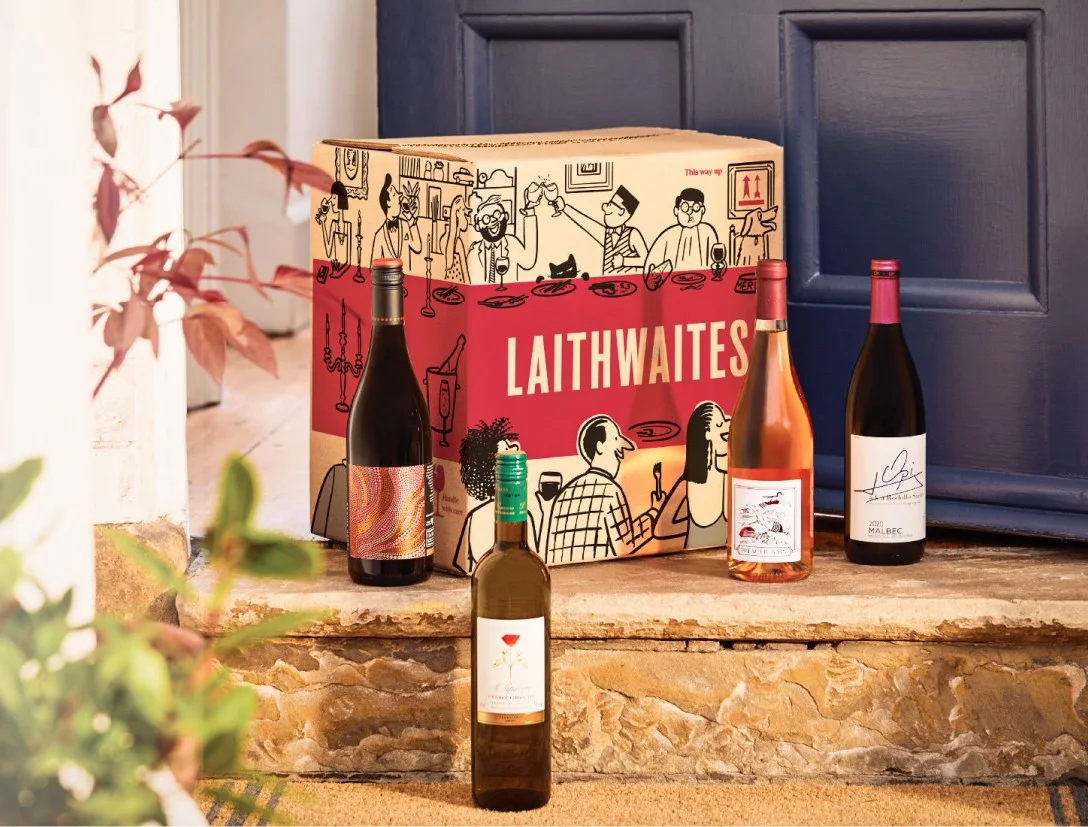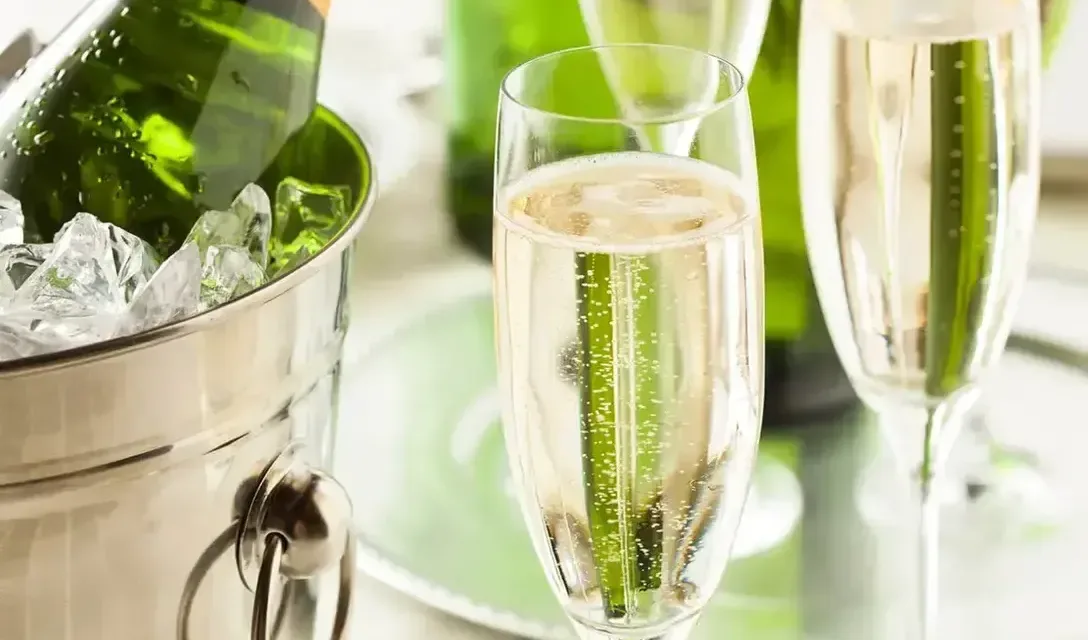There’s no longer any question
that English sparkling wine is up there with the world’s top bubblies. In fact,
as far back as 2010, an English sparkling wine from the Ridgeview Estate took
the top sparkling wine trophy at the Decanter World Wine Awards – up against
some of Champagnes finest producers.
English sparkling wine is very
much the UK answer to France’s Champagne – though it has a unique identity of its own.
One feature that English
bubbly shares with Champagne is that it is made the same way – using the
‘Méthode Traditionelle’ or Champagne Method. Another similarity of English
Sparkling wine to Champagne is that is usually made with the same grape
varieties – Pinot Noir, Chardonnay and Meunier.
Another reason why English
sparkling wines are so good is that English producers have some great natural
advantages.
Much of southern
England has a landscape similar to Champagne. The chalky soils of Kent and Sussex, for example are
ideal for growing the classic Champagne grapes – that are also used in the best English bubblies.
Secondly, England has an ideal
climate for making high-quality sparkling wines. The cool climate in southern
England allows the grapes to ripen slowly, developing complex aromas and
flavours as well as a crisp acidity that is perfect for refreshing,
mouthwatering sparkling wines.





























